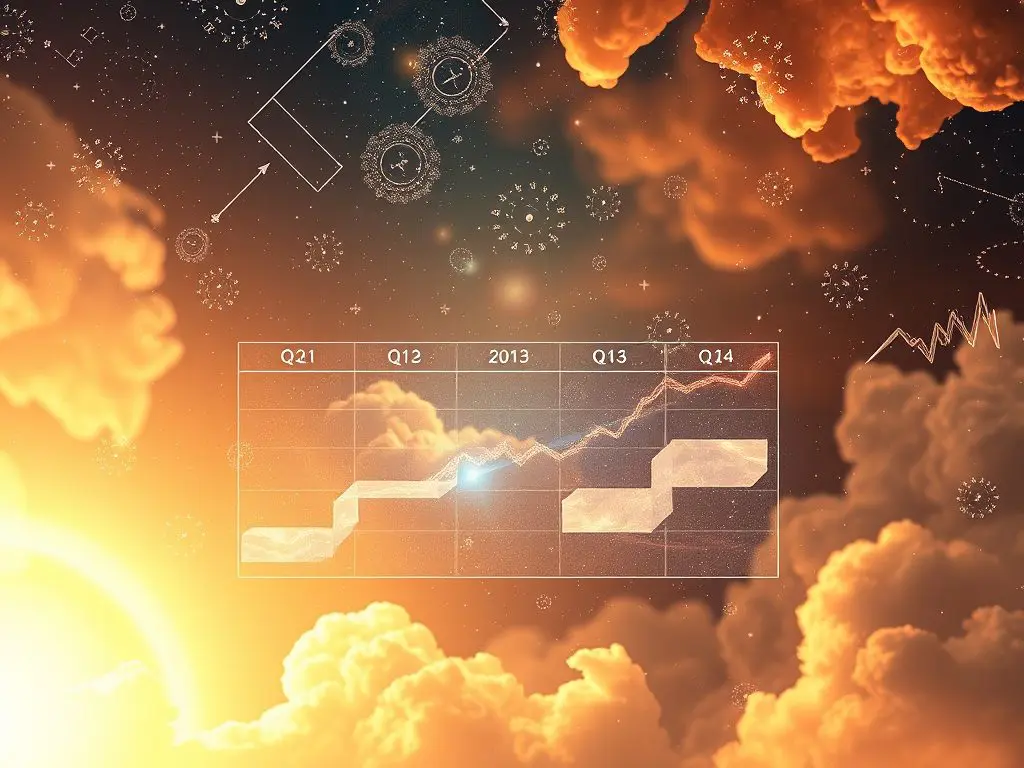Your cart is currently empty!

Do you need a break? From what?
In today’s quick-paced world, burnout has become increasingly common. According to recent statistics from the American Psychological Association, a staggering 79% of workers experienced burnout in 2023.

But how do you know when it’s time to step return and take a breather? Sometimes, recognizing the need for a mental health break from work is crucial. Prolonged stress can lead to profound implications.

These include decreased productivity, impaired relationships, and serious health issues. Let’s explore the key signs that show you need a break and understand the importance of addressing burnout.
The Alarming Statistics 📊
Before diving into the signs, let’s look at some eye-opening statistics from 2024:
- 57% of workers report negative impacts from work-related stress (American Institute of Stress)
- 39% of UK professionals feel exhausted (Health and Safety Executive)
- Healthcare costs related to workplace burnout range from $125-190 billion annually (National Institute for Occupational Safety and Health)
- Millennial and Gen Z employees show higher burnout rates, often indicating the need for a mental health break from work.

10 Clear Signs You Need a Mental Health Break from Work Instantly 🎯
1. Physical Exhaustion is Your Fresh Normal
- Constant fatigue despite adequate sleep
- Frequent headaches or muscle tension
- Changes in appetite or sleep patterns
- Recurring illness or weakened immunity
2. Emotional Warning Signals 🫂
- Increased irritability or short temper
- Feeling emotionally drained
- Lack of motivation or enthusiasm
- Persistent anxiety or racing thoughts can signal the need for a mental health break from work.
3. Work Efficiency Changes 💼
- Tasks taking longer than usual
- Making uncharacteristic mistakes
- Difficulty concentrating
- Decreased productivity despite longer hours
4. Social Withdrawal 🤝
- Avoiding social interactions
- Canceling plans frequently
- Feeling disconnected from colleagues
- Preferring isolation over company
Changed Sleep Patterns 😴 5.
- Insomnia or disrupted sleep
- Difficulty waking up
- Feeling tired even after sleeping
- Racing thoughts preventing rest
6. Loss of Work-Life Balance ⚖️
- Working longer hours
- Struggling to disconnect from work
- Missing important personal events
- Constant checking of work communications
7. Emotional Numbness 💭
- Feeling detached from work and relationships
- Reduced empathy
- Cynicism about work or life
- Lack of satisfaction in achievements
- Unexplained body aches
- Digestive issues
- Tension headaches
- Changes in appetite
9.
- Difficulty making decisions
- Problems with memory
- Reduced creativity
- Trouble focusing on tasks shows the need for a mental health break from work.
10.
- Increased reliance on caffeine
- Changes in eating habits
- Using food, alcohol, or other substances to cope
- Procrastination and avoidance behaviors

How Long Should Your Mental Health Break from Work Be? ⏰
According to recent research:
- Mild burnout: 2-3 weeks of rest and self-care
- Moderate burnout: Several months of recovery
- Severe burnout: 6+ months with professional support

Taking Action: Your Recovery Strategy 🌟
- Immediate Steps
- Communicate your needs to supervisors
- Set clear boundaries with work
- Schedule a mental health day to start your mental health break from work.
- Long-term Strategies
- Develop a sustainable work-life balance
- Create a self-care routine
- Consider professional support if needed
For those seeking assist, check out resources like Mental Health America or National Alliance on Mental Illness.

Taking a mental health break from work isn’t a luxury. It’s a necessity for your mental health and expert longevity. With 62% of employees reporting long working hours causing tiredness, you’re not alone in needing to step go back and recharge.

What signs have you been experiencing lately? How long has it been since your last proper break? Send your thoughts in the comments below! 💭
#MentalHealth #WorkLifeBalance #BurnoutPrevention #SelfCare #WellnessAtWork
People Also Read
Why Mondosol?
Mondosol has been freely sharing knowledge since 2011 and is committed to making their programs accessible on multiple devices. Generous donations keep their projects free, and they invite involvement in their mission to help launch online businesses, improve skills, or create a positive global impact through practical courses, discussions, and film information.
Support Mondosol
From the journal
Stay up to date with the latest from our article.
Unlock Your Story: The Power of Professional Ghost Writing Services 🖋️
Busy executives and thought leaders often rely on ghostwriters to produce exceptional text efficiently. Ghostwriting services enhance personal and business brands through polished writing in…
Tech Writing Services: The Ultimate Guide for 2025 and Beyond
The demand for technical writing services is rising in the digital age, driven by the need for clear communication of complex information. By 2025, growth…
Understanding the Quarters of the Year
🌍 Quick guide to 4 main fiscal year starts: Jan 1, Apr 1, Jul 1, & special dates ➡️… 📅 Confused about fiscal years worldwide?
Elevate Your Video Content: Exciting Trends and Music Ideas for 2025 🎶
Explore innovative clip background music ideas and trends for 2025 to enhance viewer engagement. Key genres like Afrohouse and Amapiano, lo-fi beats, and hybrid orchestral…






Leave a Reply